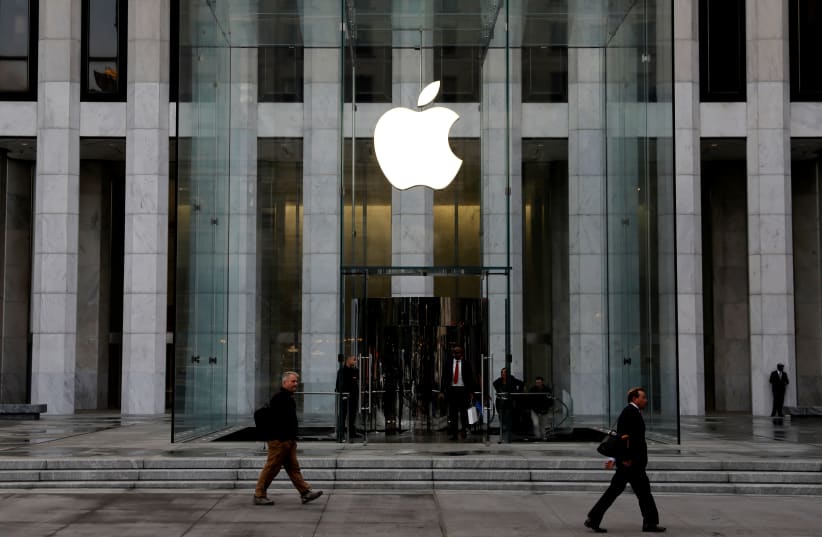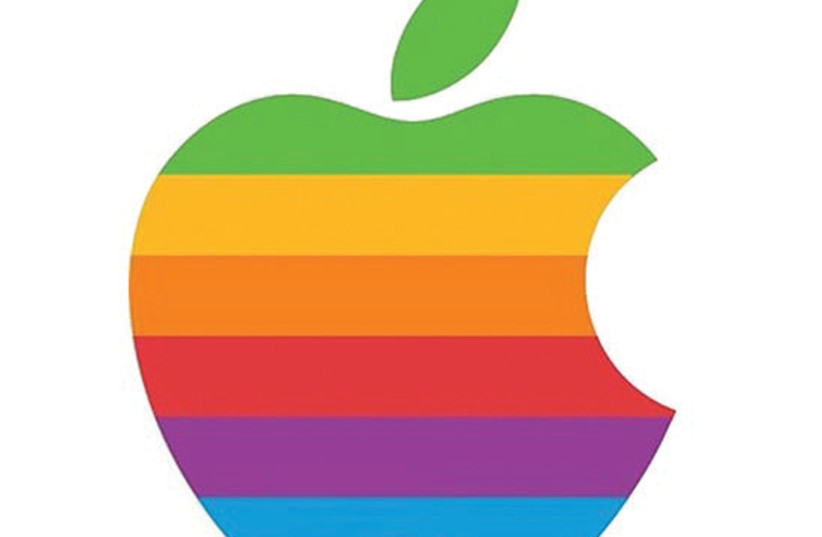Apple – arguably one of the strongest brands in the world – held its September event at which it presented a variety of new products, as it does every year. As an Apple groupie (sorry, Samsung lovers), I watched the event to find out about their newest products. But what I discovered more than anything else during the event, especially in the opening two minutes, was a product that is so Apple, but most of us don’t pay attention to, except for Apple itself: the state where it creates its magic – California.
Apple recognizes how the place you come from, as a company, so deeply affects who you are and what you’re about and what your promise is to the world, that they embrace it wholeheartedly and turn it into one of their greatest brand assets. Here’s how the event opened.
Tim Cook, the CEO of Apple, then proceeded to explain why they chose to open the event with this video: “I really love the incredible energy in that opening. It represents they way we feel about California. California has always been a place for people with big ambitions and big dreams, a place where people are fueled with optimism to make things better, to make things that can change the world. It is such an important part of who we are at Apple, and inspires us in everything we create and do. We’re proud to call California our home.”
And there you have it, in the first two minutes of one of the most watched online events of the year, a company – and not the state itself – takes it upon itself to clarify to everyone watching that the place where they do their thing, is a huge part of what makes them tick and able to provide such great products to their loyal following
Apple does more than pay homage to their home state with beautifully crafted songs and texts, they literally “brand” it (in the sense that it’s engraved) on every single physical product they create: if you’re an Apple user, and have an iPhone, for example, take off its protective cover and turn it around – take a look at what’s written at the bottom: “Designed in California. Assembled in China” (or it could be “India” too), is what it says. Again – think about what “China” conjures up in your mind which it comes to products, and then of what image or concept or feeling you get when the word “California” is said. Not the same, right? And that’s exactly what Apple wants to clarify, once it stopped manufacturing in the United States: Yes, we may be manufacturing in China, but who we really are and the place that we truly embrace is right here, in California.
So smart, so subtle, and so impactful for the branding and marketing of the State of California too, don’t you think?
Imagine if all companies took such pride in the places they came from, and took it upon themselves to promote them. Let’s be clear here, they’re not doing it for altruistic reasons: the emotions we feel about places, if they’re good, can serve as a tremendous asset to the company that comes from that place.
So this begs the question: how do people feel about the place your company is based in? Well, there’s only one way to find out, and that’s by doing proper research about it, rather than relying on your own personal assumptions, or one or two focus groups. You may be surprised by the findings!
By way of example, my organization, Vibe Israel, does annual research about global perceptions of Israel. There’s an assumption that people have very strong feelings about Israel – they either love it or hate it (and a further assumption is that most people hate it). NOT TRUE! In fact, most people are indifferent to Israel, and don’t know much about it (surprising? Yes! That’s why perceptions research is such an important part of branding). If we were to act upon our stakeholders’ assumptions about how people feel about Israel, we’d probably tell every company based here not to mention that it’s Israeli (and in fact, that’s pretty much what most companies do, because they’re working on assumptions). But research proves the exact opposite – that people are absolutely willing to buy Israeli products, and saying you’re Israeli doesn’t put them off… So that’s what we say to Israeli companies – embrace your place!
On a recent British Airways flight I saw a video the company created in order to raise funds for their incredibly successful Flying Start campaign to support children in areas of risk, and provide them with a brighter future. Watch this short video that highlights Hillbrow in Johannesburg and Sheffield in the UK.
Now, if you’re in charge of the branding of Hillbrow or Sheffield, you’re in a bit of a bind, right? Sure, your municipalities should be doing a better job to make these places safer, but wow, this really doesn’t help your efforts to brand and market your place, right?
My point is, I’m sure British Airways didn’t think about this, and their intentions are pure, but this video, watched by hundreds of thousands of travelers, damages the brands of these places tremendously. It may serve the fundraising purposes of BA’s Flying Start charity, but it sure doesn’t help Hillbrow or Sheffield.
You may say – but those problems really are there, and they have to be fixed, and to that I’d say, absolutely, you’re right! But every place has issues, some worse than others. California isn’t perfect either, but that’s not what Apple chose to highlight. British Airways is about, well, celebrating all things British. Last time I checked, Sheffield was part of Great Britain. Here’s what Sheffield wants you to think about it (and remember, in marketing, you highlight strengths, not weaknesses).
The bottom line is that companies can make or break places. And places can make or break companies. One is intrinsically connected to the other, so when designing their marketing material, the place and companies based there should keep this in mind and perhaps even work together?
Joanna Landau is the founder of Vibe Israel, which aims to change the way Israel is perceived in global public opinion.

